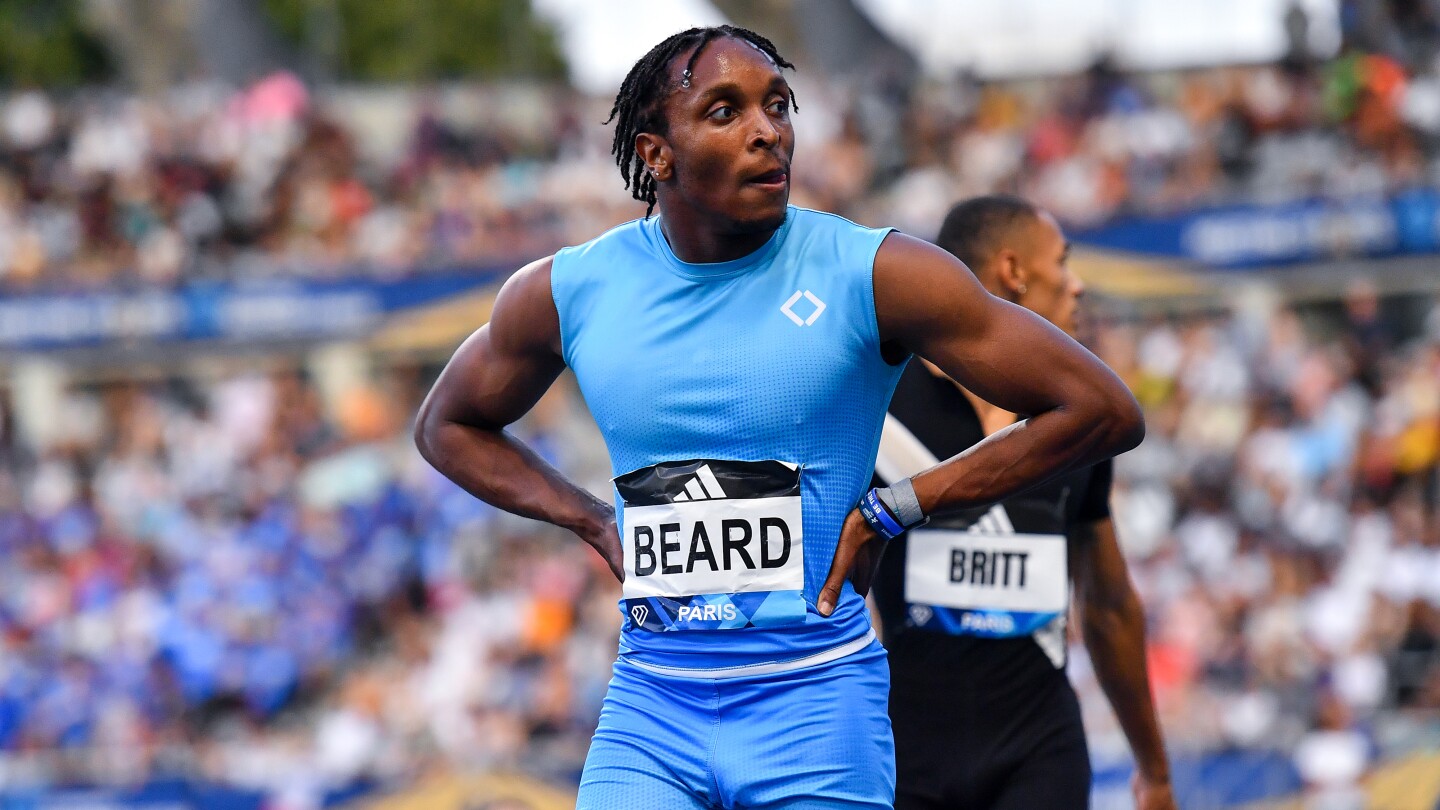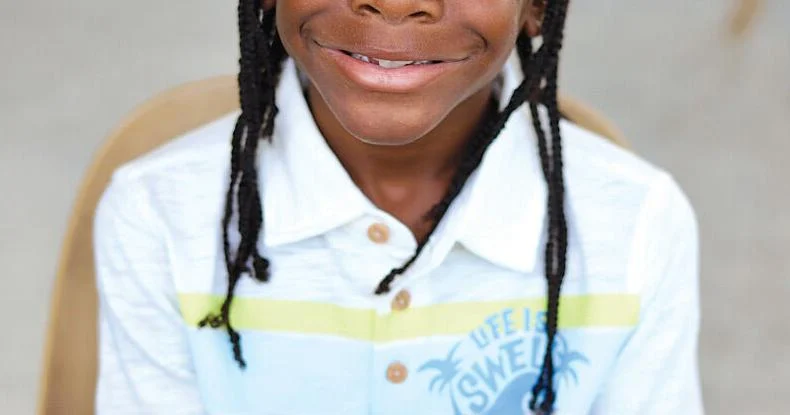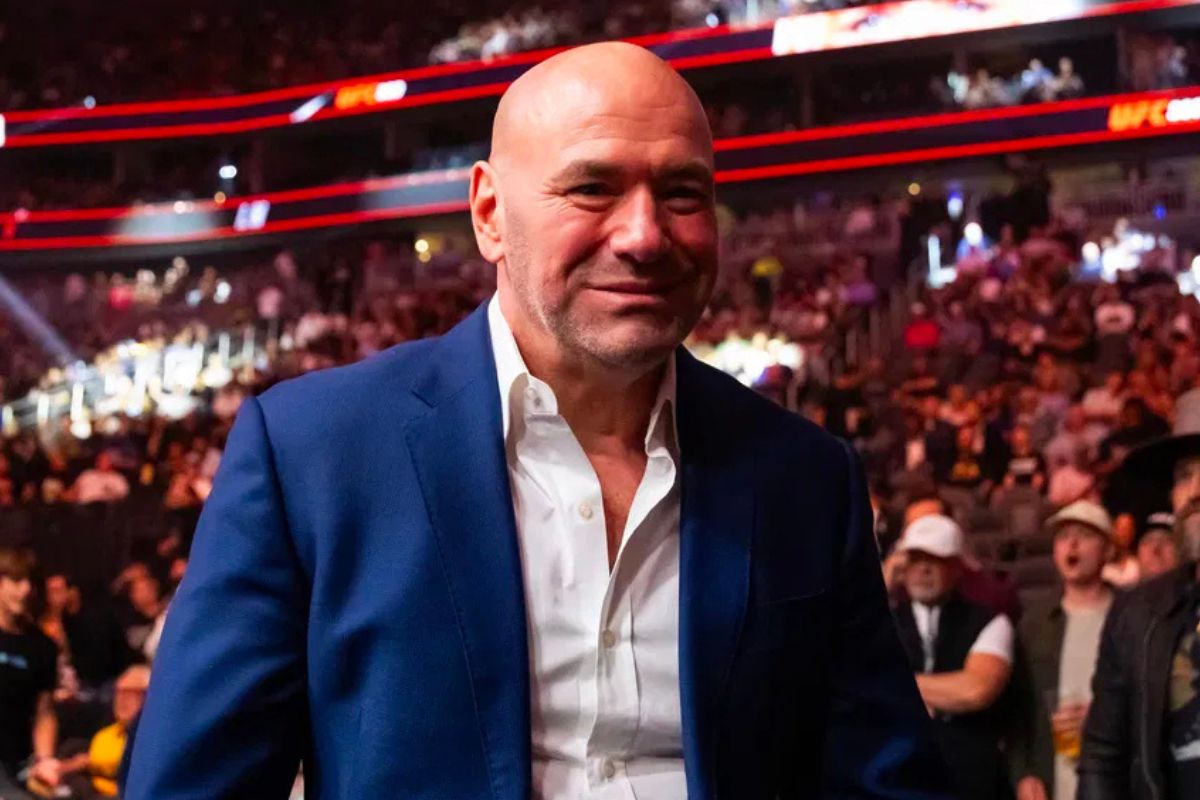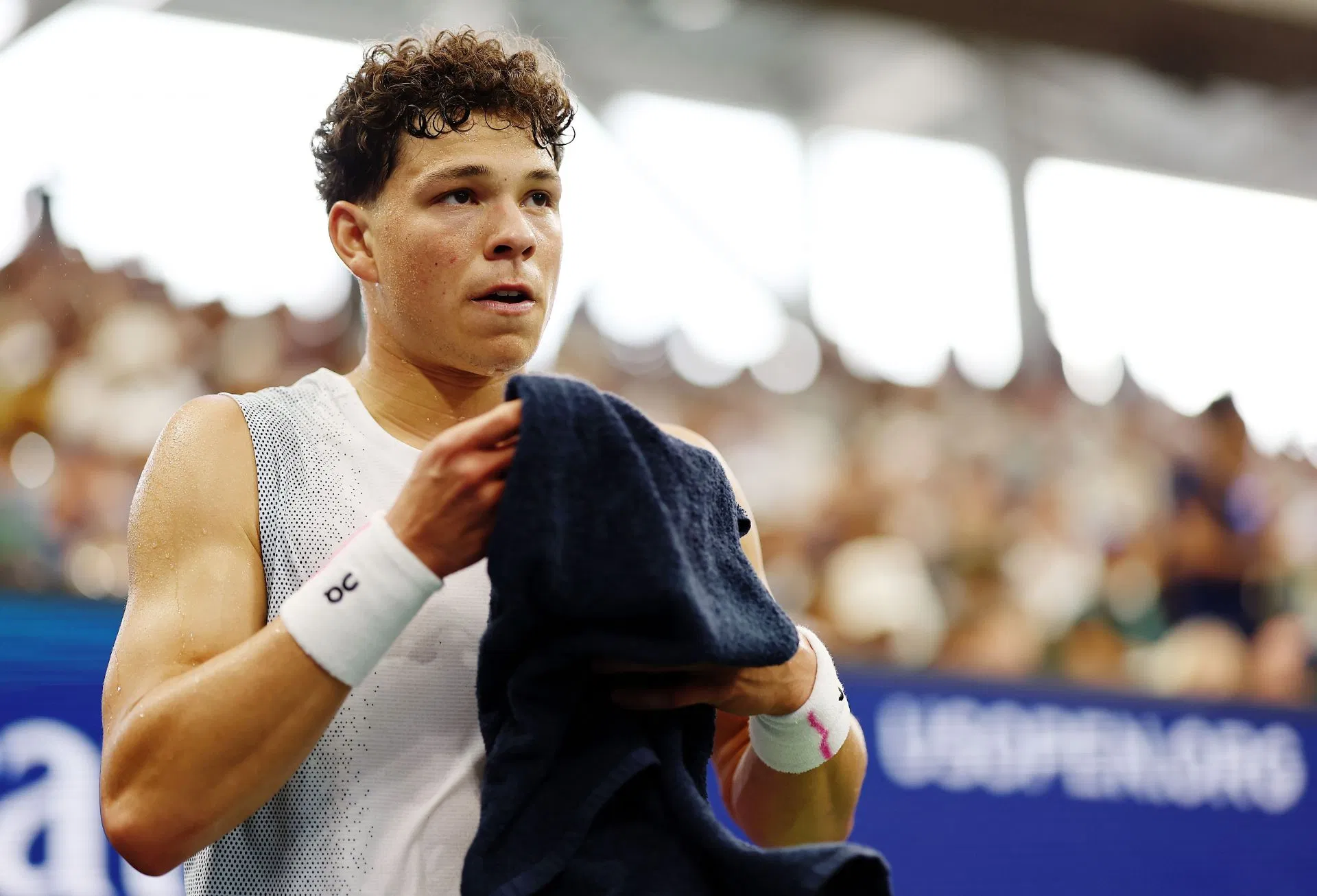
“Any questions before we start?” I asked.
“Yeah…” began Dylan Beard. “I guess… why me?” “Why did you want to interview me?”
It’s a question rooted in the same humility that’s made Beard a fan favorite around the world.
The Baltimore native gained worldwide attention for breaking the Armory record to win the 60m hurdles at the Millrose Games not once, but twice in 2024 and 2025. His times were impressive, but it was the story behind them that resonated most.
At the time of his breakthrough, Beard was working full-time at the deli at a Walmart in North Carolina, juggling training and competition with long shifts — all in pursuit of his dream of becoming a professional athlete.
To him, it’s just everyday life — part of the grind. No different than the overnight hotel shifts he worked to help cover his college tuition.
Though his journey at World Championships — the first of his career — ended earlier than he would have hoped, this season still marked the fulfillment of long-held goals.
In the conversation below, Beard, who still works part-time with Walmart now in Peachtree City, Georgia, opens up about the highs, the lows, and everything in between that led him here.
*This interview has been edited for length and clarity.
Mary Omatiga: Dylan, you’ve become a fan favorite over the last year. I know as a kid you always wanted to be a professional athlete, but how did you get in track and field, and what made you choose the hurdles?
Dylan Beard: Ever since I was a kid, I knew I wanted to be a pro athlete, but track and field didn’t come until later in my athletic career. I started my sophomore year of high school after playing football and basketball. I did track to improve for the following football season.
I tried out and made the team. By the second or third day out there, the coach was like, “We need some hurdlers.”
I was one of the few who could sky over the hurdles easily. That’s when they became my event. It was strictly hurdles. I would do other events on the side. I just kept progressing year after year.
You were a D1 athlete for about 7 years, starting at Wagner, transferring to Hampton for your undergrad, and then competing as a grad student at Howard. How did that time shape you, both as an athlete and a person?
Beard: I think it really shaped me in the aspect of just being able to wait. I had an amazing start at Wagner, but my second year there came with a lot of injuries — to the point where I couldn’t even walk. I had a lot of back pain and back injuries. I had to be patient in the waiting and know that this happened for a reason. I wasn’t able to do the outdoor season at Wagner before transferring.
My transfer to Hampton University was really a long waiting period. I didn’t know I was going there until about 20 or 30 days before school started. It was kind of a limbo period —will I stay? Will I go? Is this really what’s good for me? That experience shaped my ability to withstand things and persevere.
Coming into Hampton University, I was probably one of the worst hurdlers there. There was an increase in competition and in the standard. But in two years, I was able to become one of the top hurdlers on that team. It gave me a lot of confidence, especially right before COVID.
Then COVID hit, and I missed another indoor and outdoor season. I just kept playing the waiting game — thinking, maybe it’s time to go into the real world, get a job. But I felt like I left so much on the table. I wanted to be All-American and get some more school records.
I reached out to the Howard coaches — they were happy to have me, but it was another situation where I wasn’t even close to being the best on the team. Once again, I was at the bottom. But that competitive drive and standard shaped me to believe I could do this on a pro level for the U.S.
Your time specifically at Howard was really impactful. How did that chapter prepare you to be a pro athlete?
Beard: Howard was where I needed to be. I wasn’t the best on the team, but I had a coach who was an Olympic bronze medalist and world champion: David Oliver. He was someone who could really show me what the standard was and how to do this thing.
My time there was very difficult. I was working overnight shifts at a hotel to help pay tuition, on top of school and training. That definitely shaped me.
Everyone knows me from working at Walmart and competing as a professional athlete, but prior to that, I was already working, competing, and going to school on top of that. I didn’t think, “This isn’t going to be too tough; I can’t do it.” I showed myself I could already do it. I had the direction and leadership of someone who had already done it.
Coach Oliver had worked at a Nike store during his early pro years before getting sponsored by Nike. Now, everyone knows what a great hurdler he was. Learning from him was the biggest step towards me becoming a professional athlete, and I’m grateful that I was able to learn from him.
I probably would not be where I’m at today without going to Howard University.
You are a product of not one, but two HBCUs. Can you talk about what kind of pride that gives you and what it means to get to continue that legacy of success?
Beard: I have a lot of pride in it. I wasn’t really familiar with HBCUs growing up. When I got the opportunity to go to Hampton, I knew it was an HBCU, but didn’t know much about the culture. My experience and the community I saw at Hampton University was so powerful. I wanted to be surrounded by that — by people who look like myself all over the place. It’s just something you really wouldn’t experience in everyday life. I loved it so much. I chose to go to another HBCU.
I’m glad I have this HBCU pride. I can show it off as a professional athlete. I didn’t just go to both — I have a degree from each one, and I can show that HBCUs have talent and are just as important and on top as all the other institutions out there.
What advice would you give to current HBCU students with big track and field dreams?
Beard: Track and field is one of those sports, in my opinion, where the division doesn’t matter. If you have a lane, you have a chance to do something great and compete with other people.
I would tell HBCU track and field athletes to stick with the program. Don’t be eager to leave and find something better. Other schools may have facilities or things to draw you in, but enjoy your HBCU. It’s a once-in-a-lifetime experience. You don’t get to be surrounded by such Black joy and Black beauty all the time in this life. Enjoy those moments.
Last February, you won the 60m hurdles at the Millrose Games — a race that changed everything. How has life been different since then?
Beard: Life has done a complete 180. When I go to track meets or events now, I get a lot of picture and autograph requests. I’m like, I just run track and field. This is what I love to do.
I got a lot of attention from it, and it’s helped my brand. I was able to get a sponsorship from Walmart where I was working. It’s just crazy to think that seven seconds changed my life in the greatest way possible. I get a lot of respect from my competition in the hurdles. A lot of people probably wouldn’t even know me if I hadn’t won that race. So it’s been life-changing in a way.
Last year, I was working almost full-time hours, and now I’m strictly on a part-time schedule, allowing me to focus more on the track. My hard work paid off, and I’m able to reap the benefits. It’s changed a whole lot.
You were working in the deli at Walmart at this time last year. Did any of your co-workers know you were training to be an elite athlete?
Beard: The people in the deli section did. I would always tell them when I was competing. But outside of the few people I worked with on my shift, not many people knew — not even my managers. I would just say “I have a competition this weekend”. They didn’t know the scope of it.
Then, after my win at the Millrose Games last year, they would get emails from the corporate office inquiring about me.
I was just trying to focus on me and not do it for the attention because [competing] is just something I love to do.
You’ve been training, competing, and putting in the work for a long time. What does it feel like to finally be getting the results and recognition that you’ve been working for?
Beard: It means everything. I look back on those moments of failure and doubt, and I have more confidence in myself. It reassures me that I’m not just hyping myself up — other people see what I’m doing too. It’s not what I wanted, but it’s something that has given me a better feeling about the sport.
If you were to give this chapter of your life a name, what would it be and why?
Beard: If it were the beginning, I would say “A Leap of Faith”, because that’s how it started off. Prior to my win last year, I wasn’t able to make it to the NCAA championships. I had only made it to the semifinals at USA national championships.
Coach Oliver and I were having a heart-to-heart, and he asked me, “What do you want to do?”
I knew it was going to be a rough road, but I knew something good might come out of it. At the end of the day, I can say I followed my dreams. I took a leap of faith, moved down to North Carolina with my aunt, got a new coach, and started working. Now I’m reaping what I’ve sown. I’m still on that leap of faith right now, and I’m going to keep taking leaps of faith throughout this chapter in my life.
What’s the biggest lesson that you’ve learned about yourself over the past year?
Beard: Happiness goes a long way. When I first started, what I was doing barely made any sense to me, but it’s what I felt was right. That’s what brings joy. If I’m happy, that means it’s going to work out and I’m on the right track.
Also, good community goes a long way. The people around me who know what I want to do and who make me happy — they are a big part of this as well.
When you think about everything you’re working for right now, what’s the ultimate goal and what keeps you pushing toward it every day?
Beard: Track and field is an individual sport. I want to see how fast this body I’m fueling up can go. This indoor season, I produced a top-15 time all time in the 60m hurdles, and I’m looking to do something similar outdoors. I want to change that to a top-10 or top-5 time outdoors and start working towards a world record. That would be the ultimate goal. I want to make a U.S. team. I want to make the World Championships, the Olympics, and have a long career. Hopefully, I can just get one medal. That’s all.
I want to get a lot of personal bests, be within the top times of the events, and just be able to say that I put my best foot forward and be happy about it.
What do you hope people take away from your story?



